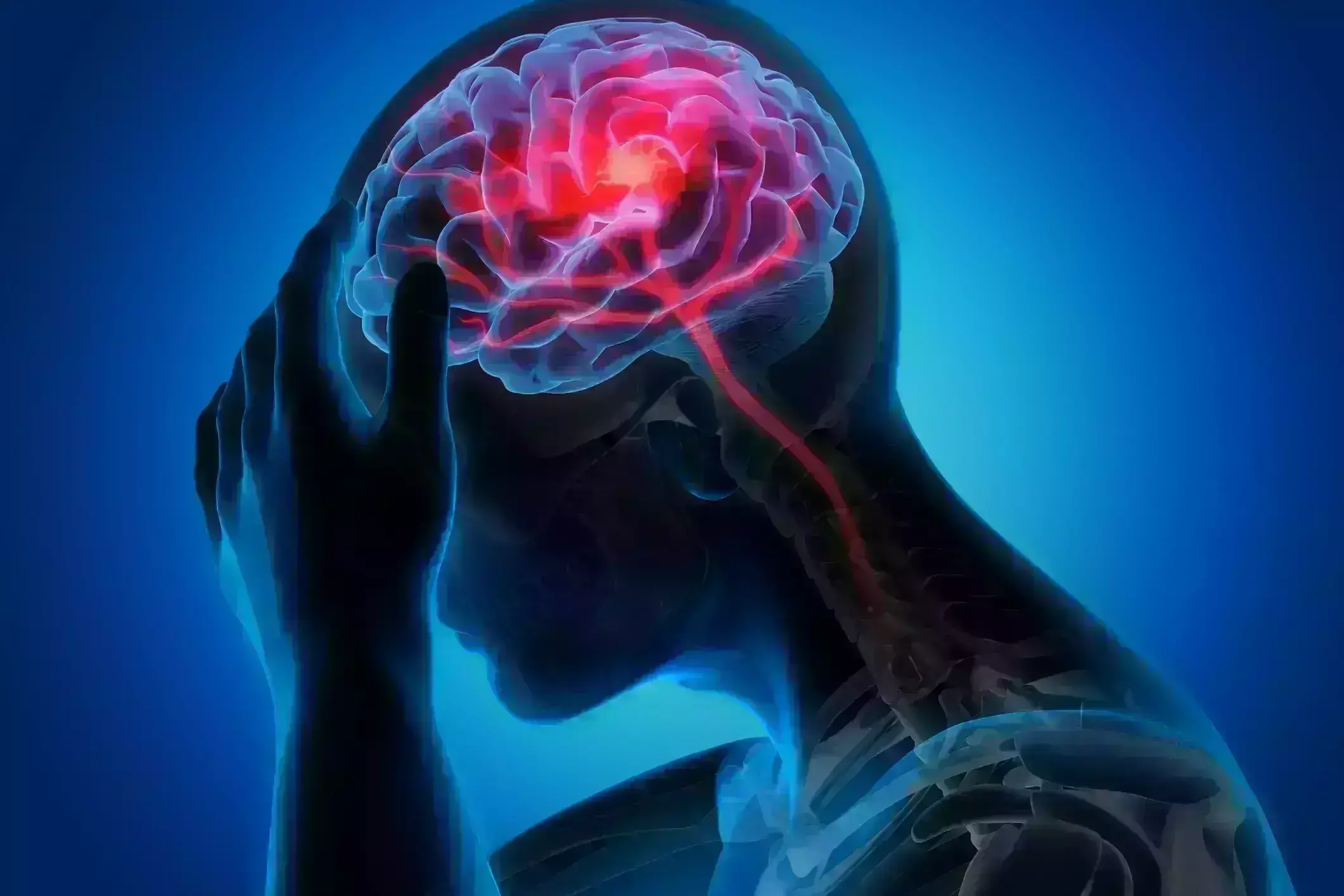- Home
- Medical news & Guidelines
- Anesthesiology
- Cardiology and CTVS
- Critical Care
- Dentistry
- Dermatology
- Diabetes and Endocrinology
- ENT
- Gastroenterology
- Medicine
- Nephrology
- Neurology
- Obstretics-Gynaecology
- Oncology
- Ophthalmology
- Orthopaedics
- Pediatrics-Neonatology
- Psychiatry
- Pulmonology
- Radiology
- Surgery
- Urology
- Laboratory Medicine
- Diet
- Nursing
- Paramedical
- Physiotherapy
- Health news
- Fact Check
- Bone Health Fact Check
- Brain Health Fact Check
- Cancer Related Fact Check
- Child Care Fact Check
- Dental and oral health fact check
- Diabetes and metabolic health fact check
- Diet and Nutrition Fact Check
- Eye and ENT Care Fact Check
- Fitness fact check
- Gut health fact check
- Heart health fact check
- Kidney health fact check
- Medical education fact check
- Men's health fact check
- Respiratory fact check
- Skin and hair care fact check
- Vaccine and Immunization fact check
- Women's health fact check
- AYUSH
- State News
- Andaman and Nicobar Islands
- Andhra Pradesh
- Arunachal Pradesh
- Assam
- Bihar
- Chandigarh
- Chattisgarh
- Dadra and Nagar Haveli
- Daman and Diu
- Delhi
- Goa
- Gujarat
- Haryana
- Himachal Pradesh
- Jammu & Kashmir
- Jharkhand
- Karnataka
- Kerala
- Ladakh
- Lakshadweep
- Madhya Pradesh
- Maharashtra
- Manipur
- Meghalaya
- Mizoram
- Nagaland
- Odisha
- Puducherry
- Punjab
- Rajasthan
- Sikkim
- Tamil Nadu
- Telangana
- Tripura
- Uttar Pradesh
- Uttrakhand
- West Bengal
- Medical Education
- Industry
Both DAPT and monotherapy equally effective in Recurrent Stroke when administered early: Study

Both DAPT (Dual Antiplatelet Treatment With Cilostazol) and monotherapy are equally effective when administered early (8–14 days) after stroke and DAPT is superior when therapy is started between 15 and 180 days after stroke, according to a recent study published in the Neurology.
Long-term treatment with the combination of cilostazol with aspirin or clopidogrel showed a lower risk of stroke recurrence compared to aspirin or clopidogrel alone after high-risk noncardioembolic ischemic stroke in a randomized trial. We aimed to determine whether the effect of the dual medication compared to monotherapy on the risk of recurrent ischemic stroke differs according to the timing of starting medication after stroke onset. In a subanalysis of the randomized controlled trial, patients between 8 and 180 days after stroke onset were randomly assigned to receive aspirin or clopidogrel alone or a combination of cilostazol with aspirin or clopidogrel. They were divided into 3 groups according to the timing of starting trial treatment: between 8 and 14 days after stroke onset (8–14 days group), between 15 and 28 days after stroke onset (15–28 days group), and between 29 and 180 days after stroke onset (29–180 days group). The primary efficacy outcome was the first recurrence of ischemic stroke. Safety outcomes included severe or life-threatening bleeding.
Results of the study are:
- Of 1,879 patients, 498 belonged to the 8–14 days group, 467 to the 15–28 days group, and 914 to the 29–180 days group.
- There was a significant treatment-by-subgroup interaction for the recurrence of ischemic stroke between trial treatment and trichotomized groups.
- The recurrence of ischemic stroke was less common with dual therapy than with monotherapy in the 15–28 days group (annualized rate 1.5% vs 4.9%, respectively; adjusted hazard ratio 0.34 [95% CI 0.12–0.95]) and the 29–180 days group (1.9% vs 4.4%, respectively; 0.27 [0.12–0.63]) and similarly common in the 8–14 days group (4.5% for both; 1.02 [0.51–2.04]).
- Severe or life-threatening bleeding occurred similarly between patients on dual therapy and those on monotherapy in any of the trichotomized groups (crude hazard ratio 0.22 [95% CI 0.03–1.88] in the 8–14 days group, 1.07 [0.15–7.60] in the 15–28 days group, and 0.76 [0.24–2.39] in the 29–180 days group).
Thus, Long-term dual antiplatelet therapy using cilostazol starting 15–180 days after stroke onset, compared to therapy started 8–14 days after onset, was more effective for secondary stroke prevention than monotherapy without increasing haemorrhage risk.
Reference:
Association of Timing for Starting Dual Antiplatelet Treatment With Cilostazol and Recurrent Stroke: A CSPS.com Trial Post Hoc Analysis by Kazunori Toyoda, et al. published in the Neurology.
DOI: https://doi.org/10.1212/WNL.0000000000200064
Dr. Shravani Dali has completed her BDS from Pravara institute of medical sciences, loni. Following which she extensively worked in the healthcare sector for 2+ years. She has been actively involved in writing blogs in field of health and wellness. Currently she is pursuing her Masters of public health-health administration from Tata institute of social sciences. She can be contacted at editorial@medicaldialogues.in.
Dr Kamal Kant Kohli-MBBS, DTCD- a chest specialist with more than 30 years of practice and a flair for writing clinical articles, Dr Kamal Kant Kohli joined Medical Dialogues as a Chief Editor of Medical News. Besides writing articles, as an editor, he proofreads and verifies all the medical content published on Medical Dialogues including those coming from journals, studies,medical conferences,guidelines etc. Email: drkohli@medicaldialogues.in. Contact no. 011-43720751


